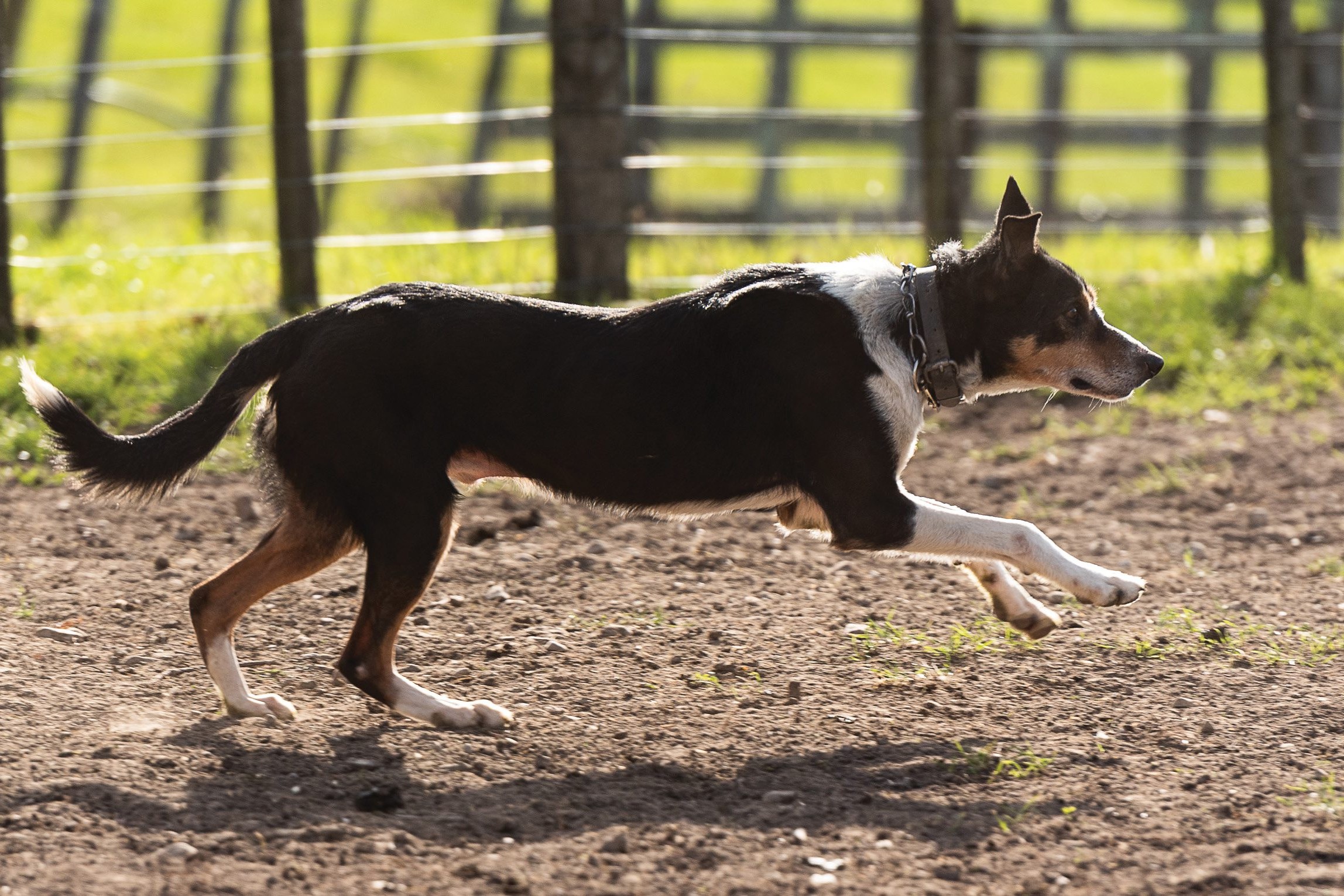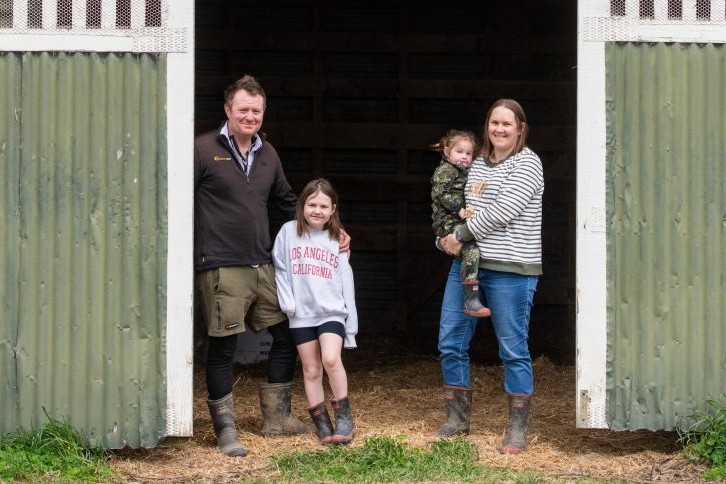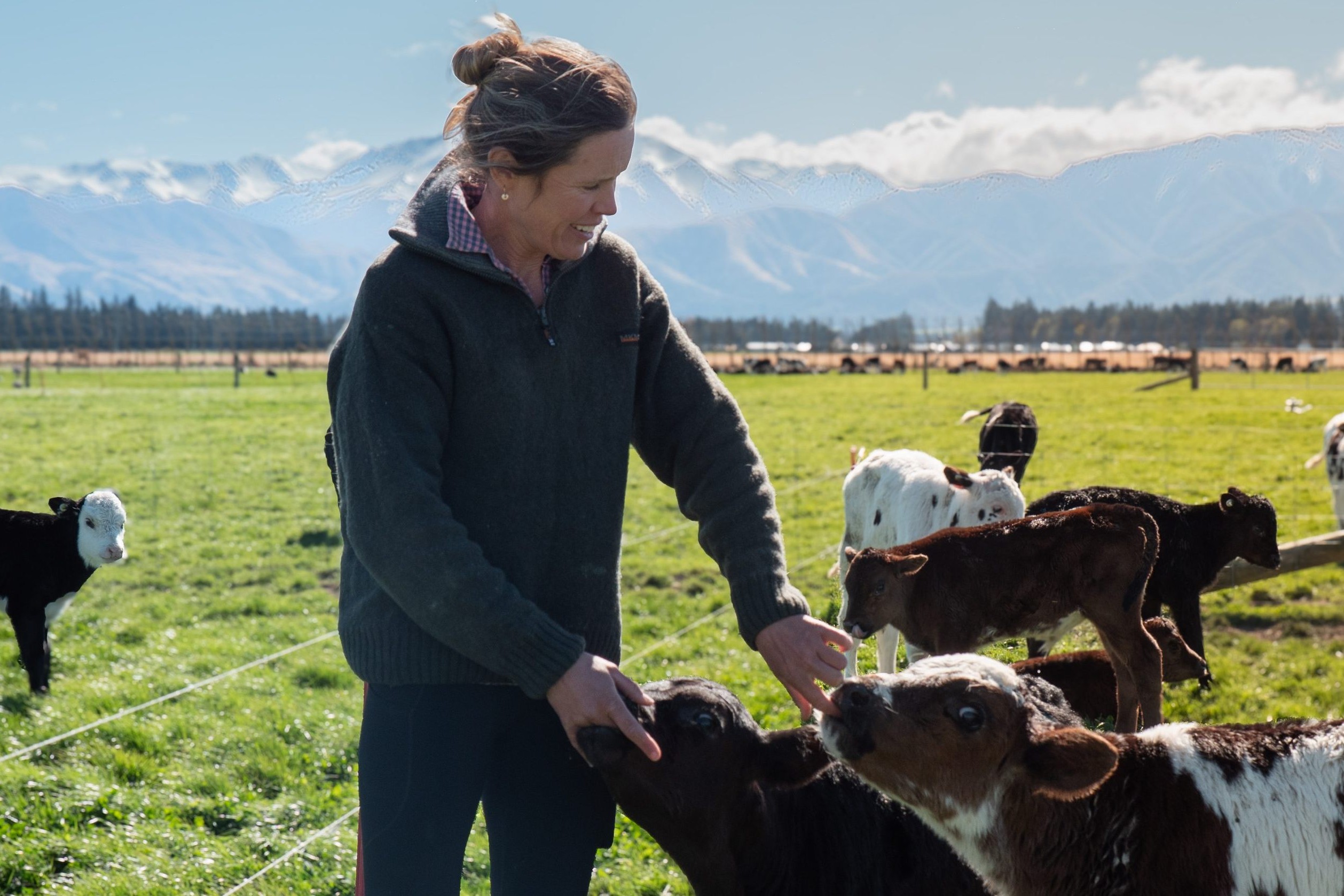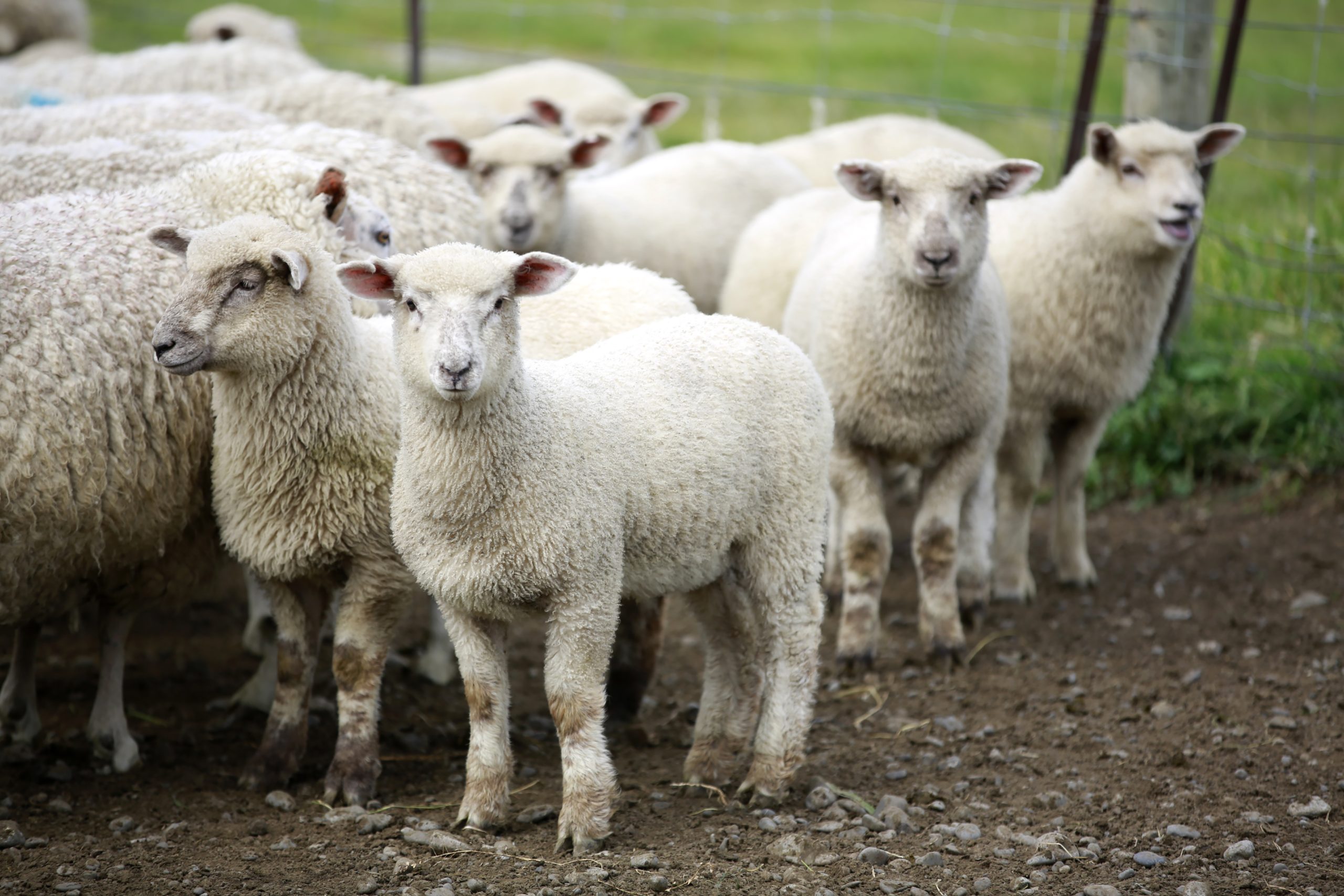Working dogs: Easing the burden of injury
Good working dogs are more than trusted companions – they’re valuable team members too. Rebecca Greaves looked at insurance for working dogs. What’s available and is it worth the cost?

Good working dogs are more than trusted companions – they’re valuable team members too. Rebecca Greaves looked at insurance for working dogs. What’s available and is it worth the cost?
When Alice Beamish and Simon Franklin’s dog required an emergency caesarean, they were intent on saving the bitch’s life. Having insurance removed the financial burden of the procedure.
Insuring their working dogs gives them peace of mind that if injury or even death happens, some of the cost is removed.
Alice and Simon are sheep and beef farmers at Weber, and have 15 dogs.
Alice says Simon enjoys starting young dogs and breeding. They tend to keep a few from each litter.
“We insure because with that many dogs, within a year, something is bound to happen.”.
In the past year, they have had the caesarean, an operation on a leg and a young pup with a stomach upset. She says the insurance premium is always well and truly covered.
The caesarean was an emergency and a risk to the dog’s life. They needed a vet certificate, but it was covered.
“She’s back working now and some of her pups are even working.”
All of their dogs are covered with FMG under an unspecified policy. They usually have young dogs rather than buying older established dogs that are more valuable.
Alice says they spend $819 a year in premiums with a total insured value of $17,000 for 10 dogs.
“We wouldn’t have another piece of machinery or equipment on our farm worth upwards of $5000 that’s not insured. Dogs are valuable tools, it pays to have them insured.
“Also, we are relatively new farm owners and our debt is quite high.”
She says there is some financial pressure and they don’t want to have to make an animal welfare decision based on finances.
Southland farmer Olivia Weatherburn works for B+LNZ. Her husband is a stock manager on a sheep and beef block at Mossburn. Between them they have six working dogs (one retired), five of which are insured with FMG.
As well as providing funds towards any vet bills, it gives them cover of up to $3000 in replacement value (for one dog) should it die.
“We had one get hung up in the yards at weaning a few years ago and it needed to have a leg amputated.”
This was covered by FMG and prolonged his working life, he’s still at work.
They also claimed on another dog that did a cruciate ligament and, although he is no longer able to work, he is fully recovered.
Olivia says they had no problems with either claim and the process was straightforward, with a vet certificate.
She says taking out insurance for the dogs is about lowering the risk. If one dog a year had to go to the vet, that’s more than the annual cost of the insurance.
Oliva says insurance lowers the financial stress, “it’s stressful because they’re out, and you’re worried about them – they’re your companion every day.”
What’s on offer?
FMG rural segment manager, Angela Hogg, says the company’s policy covers dogs used as part of farming operations, for both owners and employees.
If specified farm dogs need replacing during the period of insurance, FMG will cover the new on the same terms and for the same amount, until the next renewal date.
Additional dogs would be automatically covered for up to $5000 each, if notification was within 30 days of buying.
Specified farm dogs would be paid fair market value and unspecified farm dogs, up to $3000. One event that may affect more than one unspecified dog payment is limited to the amount shown on the certificate.
She says fair market value is the price if the dog was to be sold immediately before the loss.
Hogg says there are more than 200,000 working dogs in NZ and in the past four years FMG has averaged about 459 dog-related claims a year.
‘We wouldn’t have another piece of machinery or equipment on our farm worth upwards of $5000 that’s not insured. Dogs are valuable tools, it pays to have them insured.’




